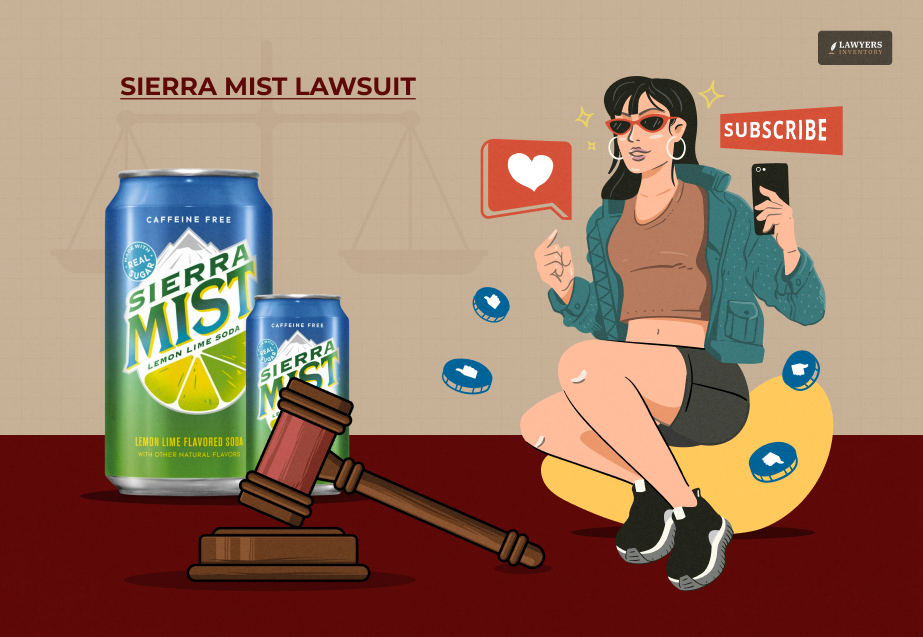
Today’s hot topic: Sierra Mist Lawsuit.
To cut a long story short, Cierra Mistt, a popular TikTok personality, stated that PepsiCo has taken legal action against her. This is because her name is somewhat similar to the beverage giant’s soda, Sierra Mist.
Not surprisingly, these accusations have grown into a full-blown controversy in the creator’s online community.
Here’s a breakdown of what has happened so far:
- Cierra Mistt, a TikTok creator, claims that PepsiCo has opted to take legal action against her. This, in turn, has sparked debate and speculation.
- Moreover, Sierra Mist’s discontinuation and the subsequent launch of its replacement, Starry, a new soft drink, have only added to this controversy.
- The lack of transparency and official statements from both parties has left unanswered questions about the nature of the legal action.
Here’s what you need to know about this ongoing controversy.
Cierra Mistt Vs. PepsiCo: Background to the Sierra Mist Lawsuit
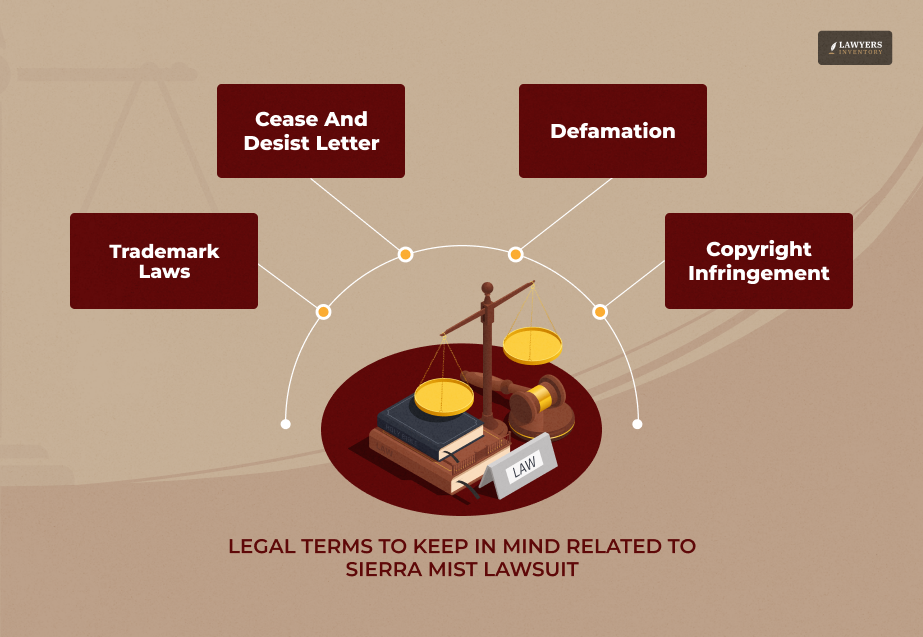
A viral TikTok storm erupted after internet personality Cierra Mistt alleged that PepsiCo, the beverage giant behind Sierra Mist, took legal action against her.
The issue? Her online persona’s name, “Cierra Mistt,” was strikingly similar to PepsiCo’s now-discontinued soda, Sierra Mist. Naturally, these claims set the internet abuzz with speculation and support.
The controversy stems from PepsiCo’s decision to discontinue its iconic Sierra Mist soda in January 2023, replacing it with a new lemon-lime beverage called “Starry.”
Meanwhile, Cierra Mistt, a TikTok creator known for her entertaining flight attendant content, said she had used her name since AOL Instant Messenger.
In a YouTube video posted in July 2023, she claimed that PepsiCo accused her of trademark infringement over her online alias, as reported by Green Matters in December 2023.
Although Cierra said she couldn’t share all the details due to “legal reasons,” she hinted at a victory against the soda giant.
She doubled down in a February 2023 TikTok, stating that Pepsi tried to sue her but lost. In the video description, she clarified that the “conflict was amicably resolved.”
This intriguing case highlights the clash between personal branding and corporate trademarks in today’s digital world, leaving many to wonder about the legal gray areas surrounding influencer identities.
Trademark Vs Copyright: What’s The Difference?
One big misunderstanding in this entire controversy is rooted in the primary distinction between copyrights and trademarks:
Trademarks are about protecting logos, slogans, and brand names – basically, they include anything that can help consumers recognize a service or a product. For instance, Sierra Mist is a trademark because it is the name of a soft drink.
In contrast, copyright protects original and creative works, including art, music, and books. Think about it differently: song lyrics or a novel would fall under copyright.
Since trademarks are all about brand names, the controversy over Sierra Mist falls under a trademark issue – and not copyright infringement, like the influencer claimed. And this is the first indication that the whole thing may have been false.
Did PepsiCo Respond To Cierra Mistt’s Claim?
Surprisingly, believe it or not, the company has remained tight-lipped.
Currently, legal outlets such as Stemer Law and Tech & Media Law report that no lawsuit has been publicly filed, and USPTO records continue to show active registration for Sierra Mist.
This silence has left room for speculation. Did PepsiCo pursue legal action, or is this a misunderstanding blown out of proportion by the internet?
While Cierra Mistt confidently stated in her TikTok and YouTube videos that the dispute ended in her favor, PepsiCo has yet to confirm or deny its involvement.
However, without clarity from PepsiCo, the full story remains a mystery, leaving fans and followers to conclude. Additionally, it also makes me come to think: is this Sierra Mist lawsuit even true?
Is The Sierra Mist Lawsuit True?

It doesn’t seem to be easy to dig out the facts behind the Sierra Mist lawsuit, and in the end, the truth might remain elusive.
On one side of the argument, TikTok influencer Cierra Mistt had no doubts in mind when she said that PepsiCo filed a lawsuit against her. Supposedly, it was due to the similarity between her name and their former soda brand, Sierra Mist, that they sued her.
In order to support her narrative, she posted not only one but several videos on TikTok and YouTube, where she vaguely talked about a legal dispute and hinted at getting the upper hand.
But is there any proof behind these claims?
Unfortunately, it is not always as clear as day. For one thing, no confirmation from PepsiCo about such a lawsuit has been released, nor will it be.
On top of that, no concrete evidence, such as court documents or news reports, has surfaced to validate Mistt’s claims. This lack of transparency has left many wondering if there’s more to the story—or perhaps less.
The issue of Mistt’s supposed legal battle is among the subjects that online forums, including Reddit, have been discussing between the lines. One of the positions taken by some users is that the viral video is a mere publicity stunt.
They maintain that the fact that she came with her story right after the company had already stopped Sierra Mist and launched Starry was suspiciously convenient and therefore could not be genuine, but a clever trick to attract more followers.
Without a doubt, it could be the case that the lawsuit occurred in private and was dealt with discreetly, but one cannot overlook the lack of reliable information as a reason why Mistt’s words should not be taken literally.
PepsiCo’s Rebranding of The Citrus Soda
In January 2023, PepsiCo officially discontinued Sierra Mist and introduced its replacement, Starry. According to FoodNavigator-USA and KSBY, PepsiCo launched Starry in early 2023 as its new lemon-lime soda, replacing Sierra Mist as part of a reformulation and marketing refresh strategy.
As per their press release confirming this replacement, Greg Lyons, CMO at PepsiCo, said:
“At PepsiCo, we are hyper-focused on consumer centric innovation, and we know there’s a strong demand for lemon lime flavored soda with the category continuing to accelerate…With one product dominating the category, consumers deserve another option…one that hits different. STARRY is bright, optimistic, and rooted in culture and fun.”
PepsiCo did not decide to bring back its citrus soda after a random draw. The corporation was confronted with the strong competition of Coca-Cola’s Sprite, which has been the leader of the lemon-lime soda market for decades.
Actually, Sierra Mist could hardly establish a presence in the market and had a lot of problems competing with other brands in spite of its long existence. Consequently, PepsiCo made the decision to bring about changes with the help of a new name and a daring marketing campaign that aimed at younger audiences.
The idea of Starry was to attract Gen Z and millennial consumers by concentrating on a bright and lively original concept.
PepsiCo launched the new drink, expecting to revive its position in the market. The purpose of PepsiCo was to show a new beginning with a different identity and a fresh look, thus avoiding the Sierra Mist fiasco.
There is no proof of a link between the time of the rebranding and Sierra Mist claims, even though the two events happened together. However, the overlap gave rise to speculation on the Internet, which fuelled the fascination and interest of soda and legal fans.
Read Also:
- ZYN Lawsuit: Consequences of Deceptive Marketing to Minors
- Drive Social Media Lawsuit: Your ULTIMATE Guide to Stay Safe in Digital Marketing?
- White Oak Global Advisors Lawsuit: Why Understanding Contractual Terms in Financial Services is Important!






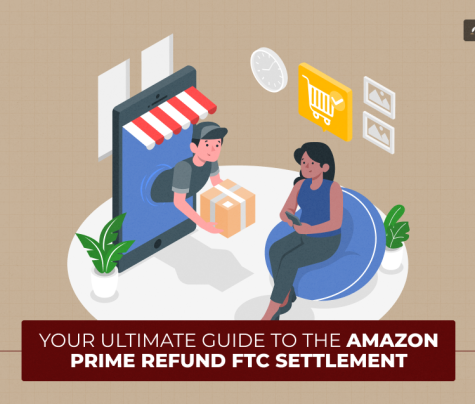
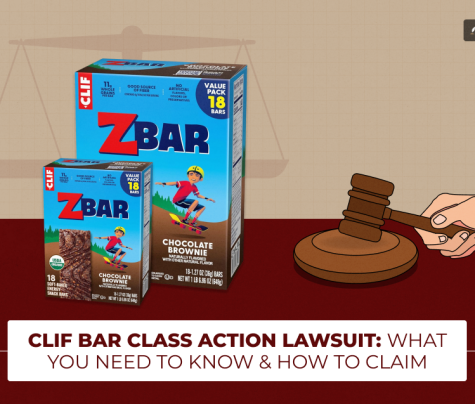

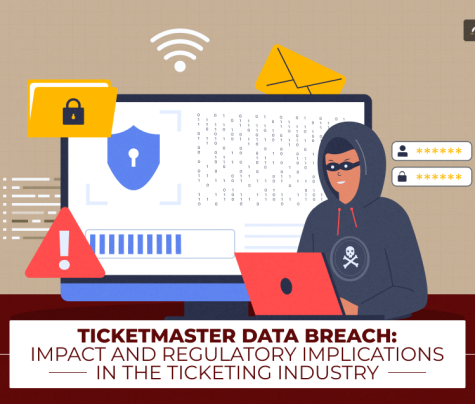
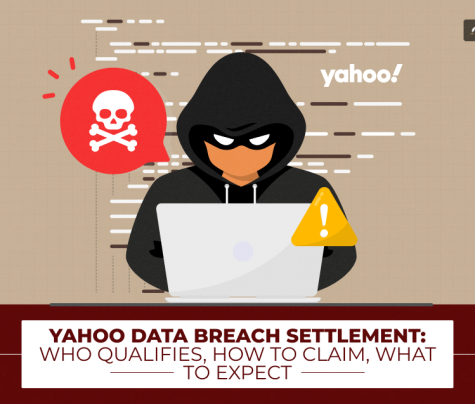
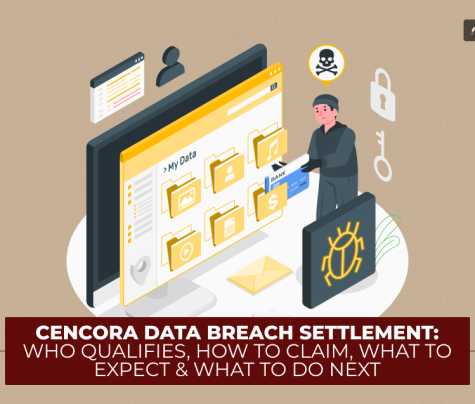
0 Reply
No comments yet.